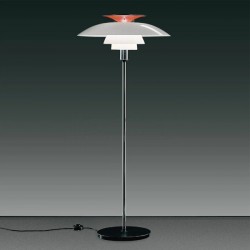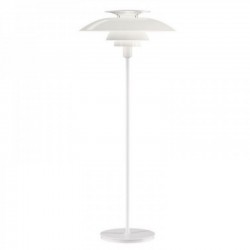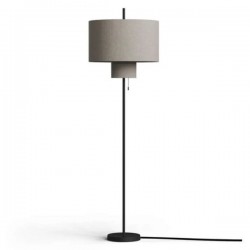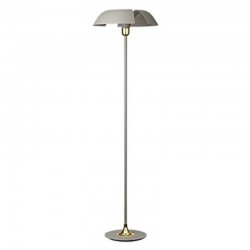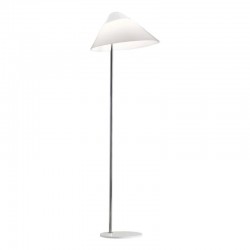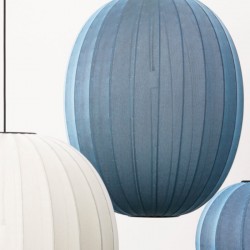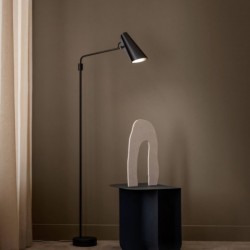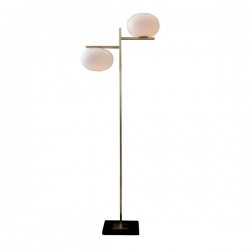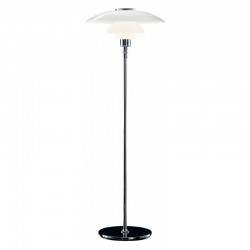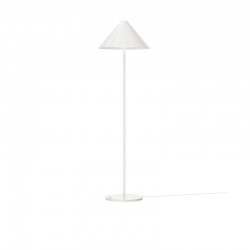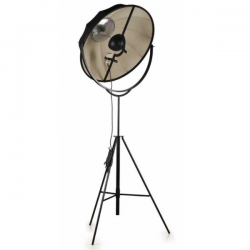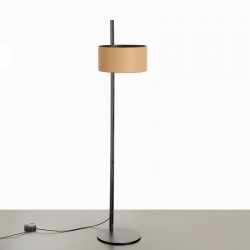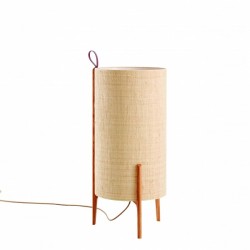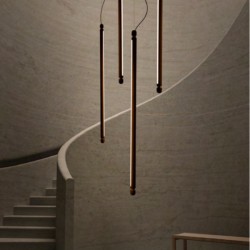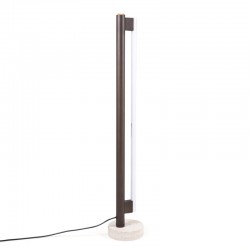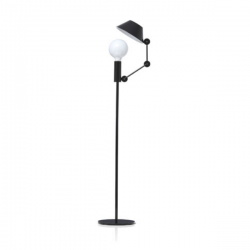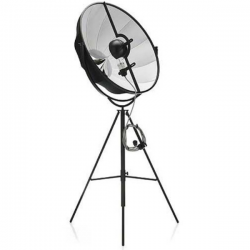Louis Poulsen PH 80 Floor Lamp
The fixture emits diffuse and symmetrical light. The majority of the light is directed downwards, and the opal acrylic shades provide comfortable room lighting. The red hue of the top reflector helps giving the light a warmer glow.
Can't find it! We can supply all products from Louis Poulsen, If you know what you are looking for and it is not yet featured, please send us a request
- Specifications
Finish:
White opal acrylic. High lustre chrome plated.
Material:
Shades: High pressure moulded white opal acrylic.
Top shade: Black, high pressure moulded polycarbonate.
Base: Black, high pressure moulded ABS.
Stem: High lustre chrome plated, steel.
Mounting: Cable type: Plastic cord with plug.C\
Cable length: 2.6m.
Light control: On/off switch on cord.Class:Ingress protection IP20. Electric shock protection II w/o ground.
Llight Sorce 1 x 1900v E27Kindly note that this product is CE-approved only and should only be used in countries that follow and accept this standard. If it is used elsewhere it will be at the customer's sole risk, responsibility and liability.
- Size Description
Base diameter 32cm
Height 131,5cm
Cap Diameter 55cm
-
Poul Henningsen
Poul Henningsen was born in Copenhagen by the famous Danish actress Agnes Henningsen. He never graduated as an architect, but studied at The Technical School at Frederiksberg, Denmark from 1911-14, and then at Technical College in Copenhagen from 1914-17. He started practicing traditional functionalistic architecture, but over the years his professional interests changed to focus mainly on lighting which is what he is most famous for. He also expanded his field of occupation into areas of writing, becoming a journalist and an author. For a short period at the beginning of WWII, he was the head architect of the Tivoli Gardens in Copenhagen. But like many other creative people, he was forced to flee Denmark during the German occupation but soon became a vital part of the Danish colony of artists living in Sweden.


 EUR
EUR


